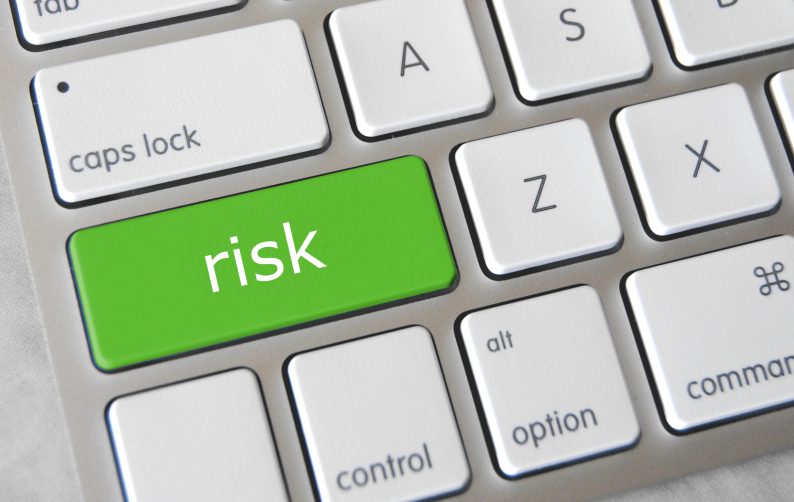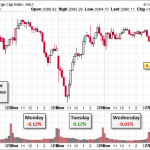
Photo Credit: GotCredit
This is another piece in the irregular Simple Stuff series, which is an attempt to make complex topics simple. Today’s topic is:
What is risk?
Here is my simple definition of risk:
Risk is the probability that an entity will not meet its goals, and the degree of pain it will go through depending on how much it missed the goals.
There are several good things about this definition:
Note that the word “money” is not mentioned. As such, it can cover a wide number of situations.
It is individual. The same size of a miss of a goal for one person may cause him to go broke, while another just has to miss a vacation. The same event may happen for two people — it may be a miss for one, and not for the other one.
It catches both aspects of risk — likelihood of a bad event, and degree of harm from how badly the goal was missed.
It takes into account the possibility that there are many goals that must be met.
It covers both composite entities like corporations, families, nations and cultures, as well as individuals.
It doesn’t make life easy for academic economists who want to have a uniform definition of risk so that they can publish economics and finance papers that are bogus. Erudite, but bogus.
It doesn’t specify that there has to be a single time horizon, or any time horizon.
It doesn’t specify a method for analysis. That should vary by the situation being analyzed.
But this is a blog on finance and investing risk, so now I will focus on that large class of situations.
What is Financial Risk?
Here are some things that financial risk can be:
You don’t get to retire when you want to, or, your retirement is not as nice as you might like
One or more of your children can’t go to college, or, can’t go to the college that the would like to attend
You can’t buy the home/auto/etc. of your choice.
A financial security plan, like a defined benefit plan, or Social Security has to cut back benefit payments.
The firm you work for goes broke, or gets competed into an also-ran.
You lose your job, can’t find another job as good, and you default on important regular bills as a result. The same applies to people who run their own business.
Levered financial businesses, like banks and shadow banks, make too many loans to marginal borrowers, and find at some point that their borrowers can’t pay them back, and at the same time, no one wants to lend to them. This can be harmful not just to the banks and shadow banks, but to the economy as a whole.













Leave A Comment